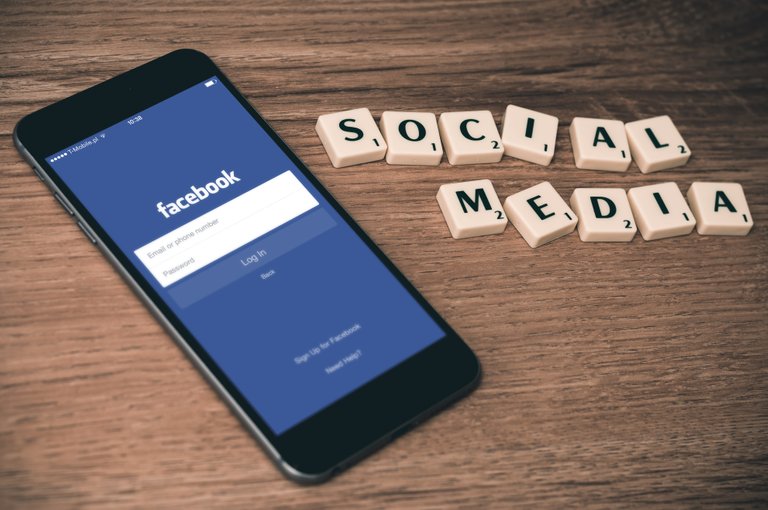
Social media plays an ever-increasing role in how ideas, thoughts, and actions are often portrayed in today’s society. We can easily access information at the press of a few buttons while before reaching out to others across the world was more of a timely venture and often, impossible for many. Now you can post a status on Facebook and reach a live audience in just a matter of seconds. However, with the increased usage of social media sites also came the lack of privacy, misunderstanding in communications, and a perceived appearance of insensitivity or disassociation. We notice a sharp decrease in attention span amongst our peers even with people who usually are quite intelligent.
We can share our ideas amongst our peers in a civilized manner, and we owe it to our selves to raise awareness on ideas that we care about to find solutions that are workable. Our views can differ vastly today, and not everyone is prone to being mindful in their online speech. Many employers have a policy on how their employees behave on social media. When you consider how your online behavior may affect your ability to work in a company, you may decide not to voice your opinions or become as I have, often, self-censoring.
One study found that social media plays a role in an individual’s discretion and the lack of sharing ideas rather than encouraging debate. (Vincent, 2014.)
Social media can aid in a company’s marketing and give a resource for customers to reach the company directly without having to send written business letters or telephone, which as the norm merely twenty years ago. Businesses can introduce new product lines via social media, link up with similar companies to collaborate and network with others on business ideas, and revamp their company by improving their branding.
Businesses also run the risk of tarnishing their image by the words they use, and what ideas they project to their audience. Wrongly worded Tweets can put a company at odds with a strong customer base, so it is critical that businesses who use social media as a resource that they are conscious of how they project their messages to consumers. (Casselbury, 2018.)
Social media affects young people in a way that can be considered harmful, as the younger generation use social media to learn how to communicate and socialize with others. Social media can portray others in a nonrealistic way based off profiles where most people present only the best side of themselves versus reality. Many people use filters and touch-ups in their photos rather than non-filtered snapshots for instance. Another negative connotation connected to increased social media usage is the lack of face to face interaction with others. This could potentially lead to escapism, mental health issues, and self-imposed isolation. It is difficult for people to decipher body language, and social cues behind a computer screen, this leaves plenty of room for miscommunication and deception to occur. (Dantuono, 2015.)
Another important consideration regarding social media and communication is cyberbullying. Social media allows people to communicate indirectly and to hide behind screens, has led people to believe in a false sense of online anonymity, making cyberbullying and harassment seemingly easier for a perpetrator. Bullying has gone from the land-based playground to a virtual playground giving access to victims more readily. Parents and youth should know how to protect themselves and the laws on cyberbullying, stalking and harassment in their state, and what to do in such situations and how to seek help if necessary.
In conclusion, social media provides benefits to those who wish to use the platforms to further their message, to grow their business, to alert others on critical issues, and to keep in touch with distant friends and family. On the other hand, social media, like most everything else, has its downsides. How you chose to use social media is entirely up to you as an individual. May your time be well spent!
References
Vincent, J., (August, 2014.), The ‘Spiral of Silence’: How Social Media Encourages Self-Censorship Online, Independent, Retrieved from https://www.independent.co.uk/life-style/gadgets-and-tech/the-spiral-of-silence-how-social-media-encourages-self-censorship-online-9693044.html
Casselbury, K., (March, 2018.), The Impact of Social Media in the Workplace Pros and Cons, Chron, Retrieved from http://work.chron.com/impact-social-media-workplace-pros-cons-22611.html
Dantuono, N., (March, 2015.) How Social Media is Effecting Social and Communication Skills Among Adolescents, Syracuse University, Retrieved from https://slwrig02.expressions.syr.edu/spring2015wrt205/2015/03/28/how-social-media-is-effecting-social-and-communication-skills-among-adolescents/
Photo credit: William Iven on Unsplash
Most social media users have forgotten that their Ip adress can be easily revealed, except are those using some sort of anonymizing tools like vpn or proxies
Here's a good article to help dispel that false hope of anonymity - https://www.goldenfrog.com/blog/myths-about-vpn-logging-and-anonymity